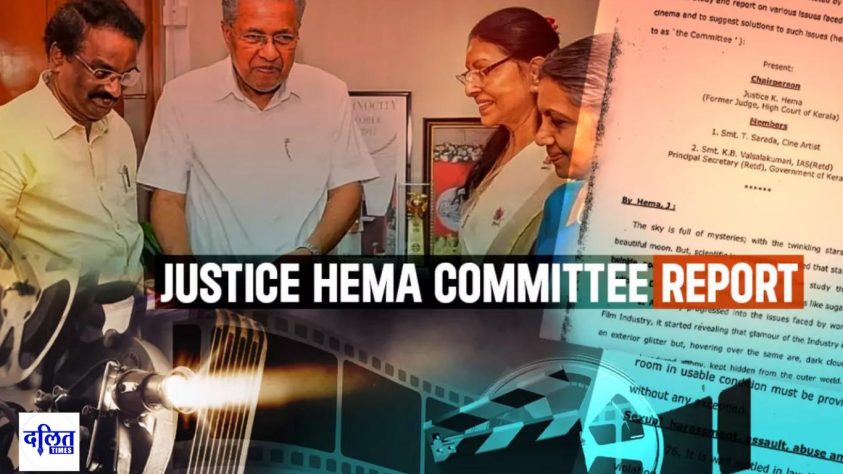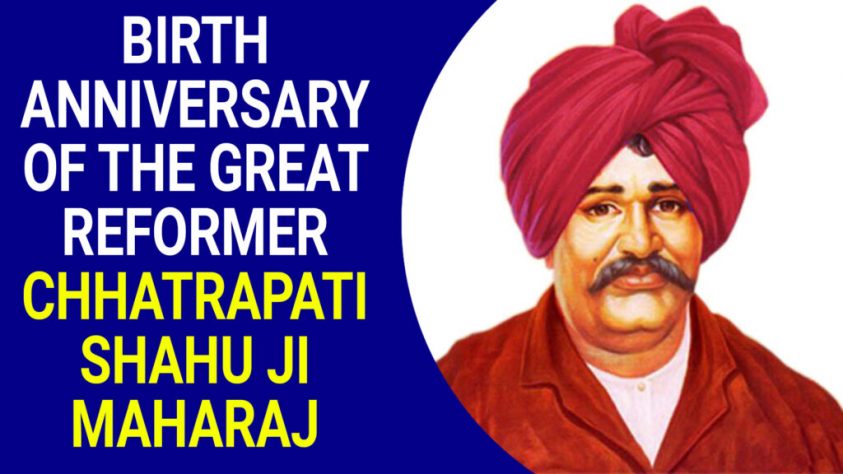The Supreme Court of India delivered a significant verdict reinstating Pinky Meena, a tribal woman judicial officer from Rajasthan, whose services had been terminated during her probation. The case—Pinky Meena v. State of Rajasthan—is not merely a matter of administrative justice but stands at the crossroads of caste, gender, and institutional opacity within the Indian judiciary.
Background
Pinky Meena was appointed as a civil judge in Rajasthan. In 2009, during her probationary period, she was dismissed based on allegations of misconduct that were neither substantiated nor fairly adjudicated. Her termination followed an internal inquiry clouded by opacity, and she maintained that the allegations were not only vague but also maliciously motivated.
A similarly placed judicial officer, Anantdeep Singh, was also dismissed in the same period under allegations of an illicit relationship. Despite their simultaneous termination, only Singh’s case garnered significant legal attention initially. Singh challenged his dismissal, which the Supreme Court set aside in 2022, directing the Full Court to reconsider the matter. However, despite the apex court’s clear directive, both the High Court and the state government failed to act in compliance. Instead, they reaffirmed their initial stance, prompting further litigation.
Supreme Court Intervention
The Supreme Court bench on 22nd may 2025, comprising Hon’ble Justices Vikram Nath and Prasanna B Varale, reiterated the fundamental legal principle: once a termination order is set aside, the employee is deemed to be in continuous service. The Court criticized both the Rajasthan High Court and the state government for their deliberate inaction and insubordination.
“This court by its order of April 20, 2022 had asked the full court to reconsider the matter after setting aside the first termination order of 2009,” the SC bench observed.
“Yet no decision was taken either by the High Court or by the state of taking back the appellant into service and no decision was made regarding the back wages from the date the termination order had been passed till the date of reinstatement which should be the date of the judgment of this court.”
The Supreme court directed that Meena be reinstated immediately with full consequential benefits, including back wages and the recognition of her continuous service.
Intersection of Discrimination and Institutional Resistance
While the judgment secures justice for Pinky Meena, it simultaneously exposes the caste and gendered power dynamics that operate within the Indian judiciary. The judicial officer as an Adivasi woman, faced a far more hostile institutional environment than her upper-caste male counterparts. The allegation against her—a consensual relationship, use of a private car, and not staying at the official residence—were used disproportionately to question her character and professionalism.
The refusal of the High Court and state government to comply with the Supreme Court’s earlier directive reflects a deeper systemic resistance to accountability when it comes to marginalized individuals. This is not merely a procedural lapse but a form of judicial impunity and constitutional defiance.
Broader Implications
This case is part of a larger crisis in Indian judicial administration where caste, gender, and institutional hierarchy intersect to protect the dominant and punish the marginalized. Even when higher courts offer relief, the bureaucratic and judicial establishment often finds ways to subvert the execution of such orders, especially when the beneficiary is from a marginalized background.
Also Read : Barred at the Threshold: Temple Entry Denial to Dalit Youth in Karnataka Exposes Persistent Untouchability
The judgment in Pinky Meena v. State of Rajasthan is a rare moment of rectification in a system marred by discrimination and opacity. But it also highlights the need for urgent reforms:
- Transparent probation and dismissal processes for judicial officers
- A strong internal appellate mechanism within the judiciary
- Stricter enforcement of Supreme Court directives by High Courts and state governments
- A national database tracking service terminations and judicial misconduct allegations disaggregated by caste, gender, and state
Pinky Meena’s reinstatement should not be seen as the conclusion of her struggle but a reminder that justice for the marginalized often comes at the end of protracted legal battles, not at the beginning of fair trials. It is also a reminder to India’s judicial and executive wings that constitutional morality must trump institutional ego. As long as caste and gender biases permeate the judiciary.
Adv.Bindu Ammini/ Dalit Feminist



